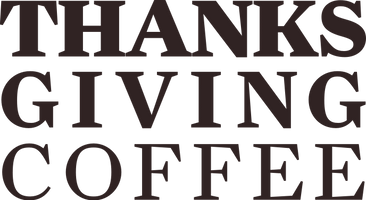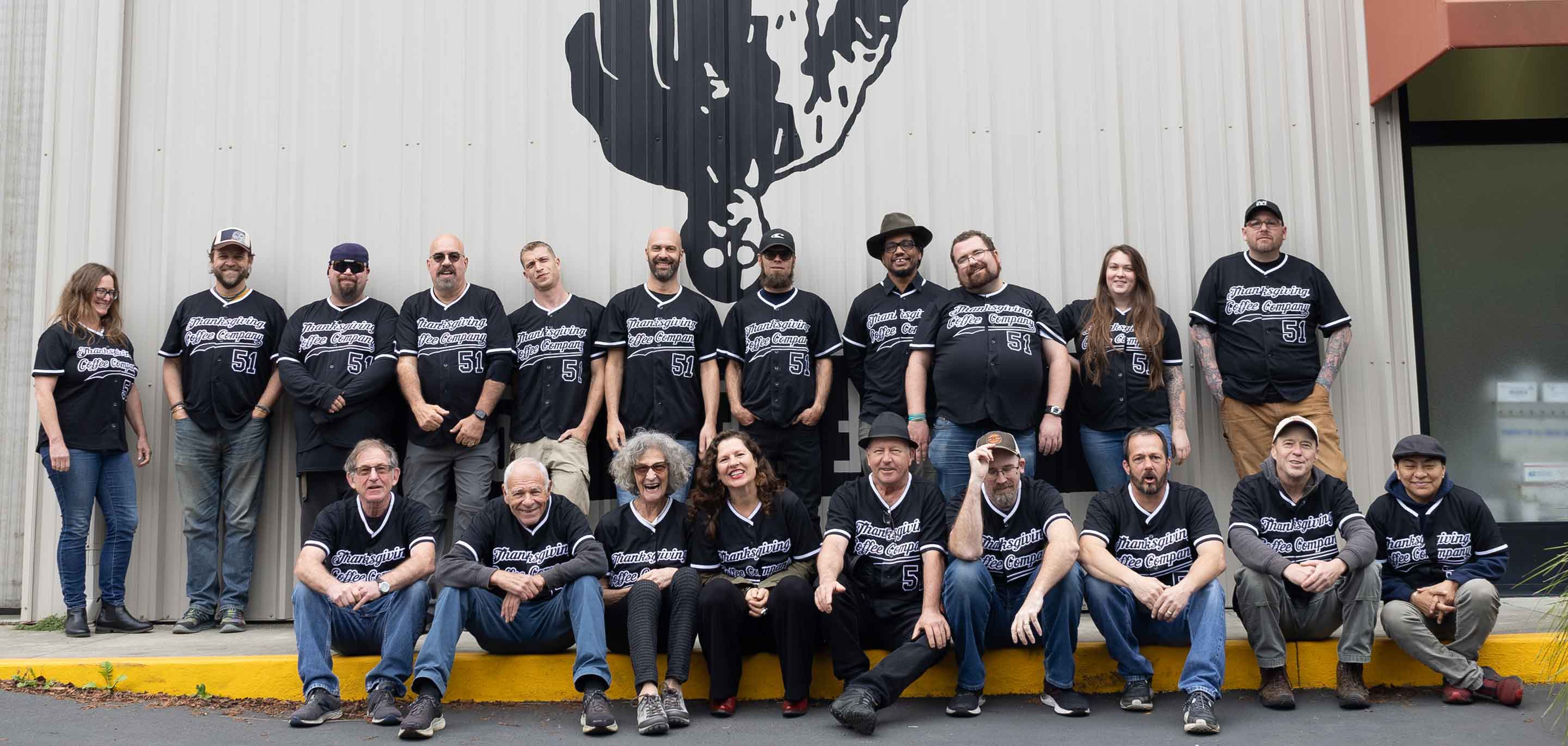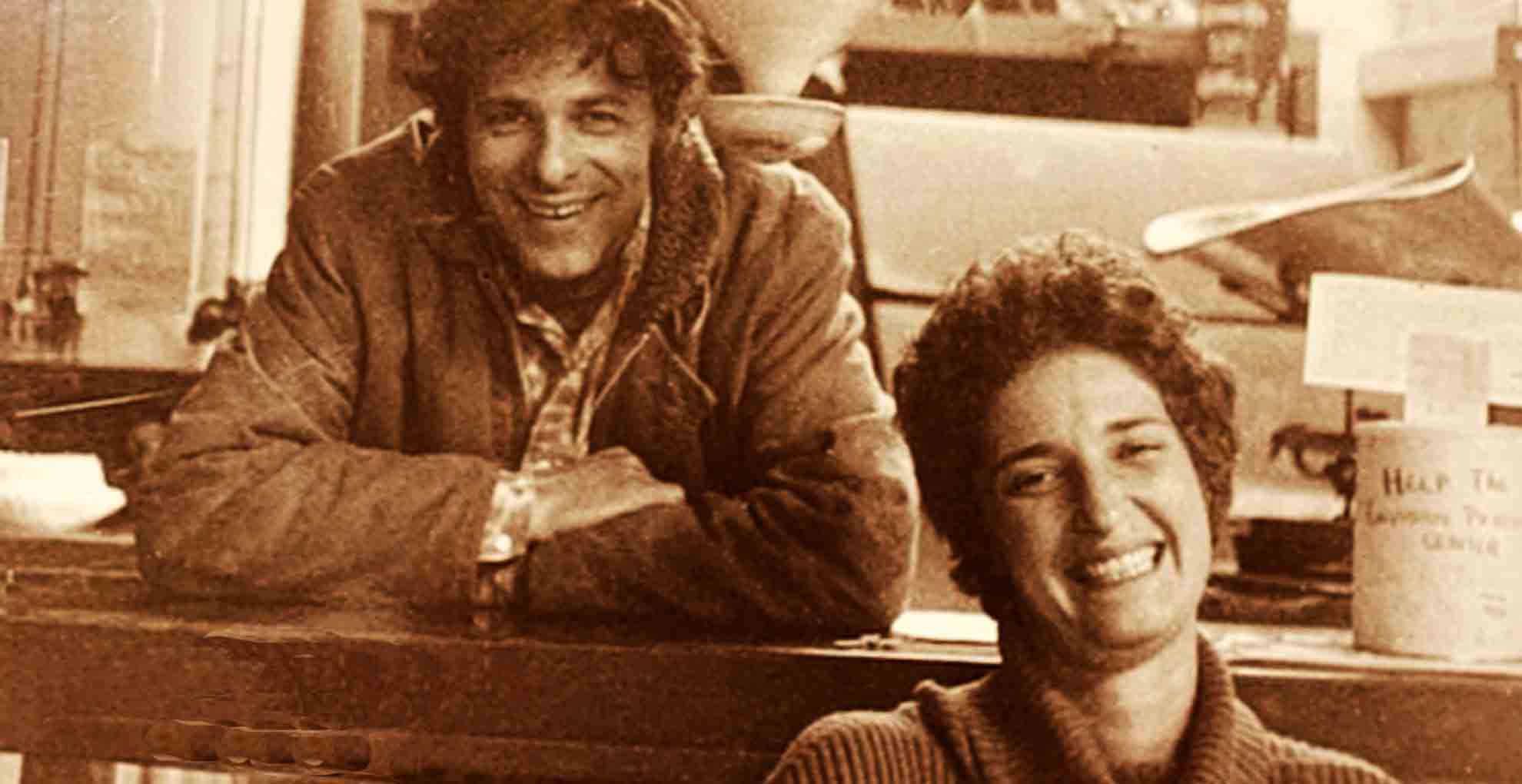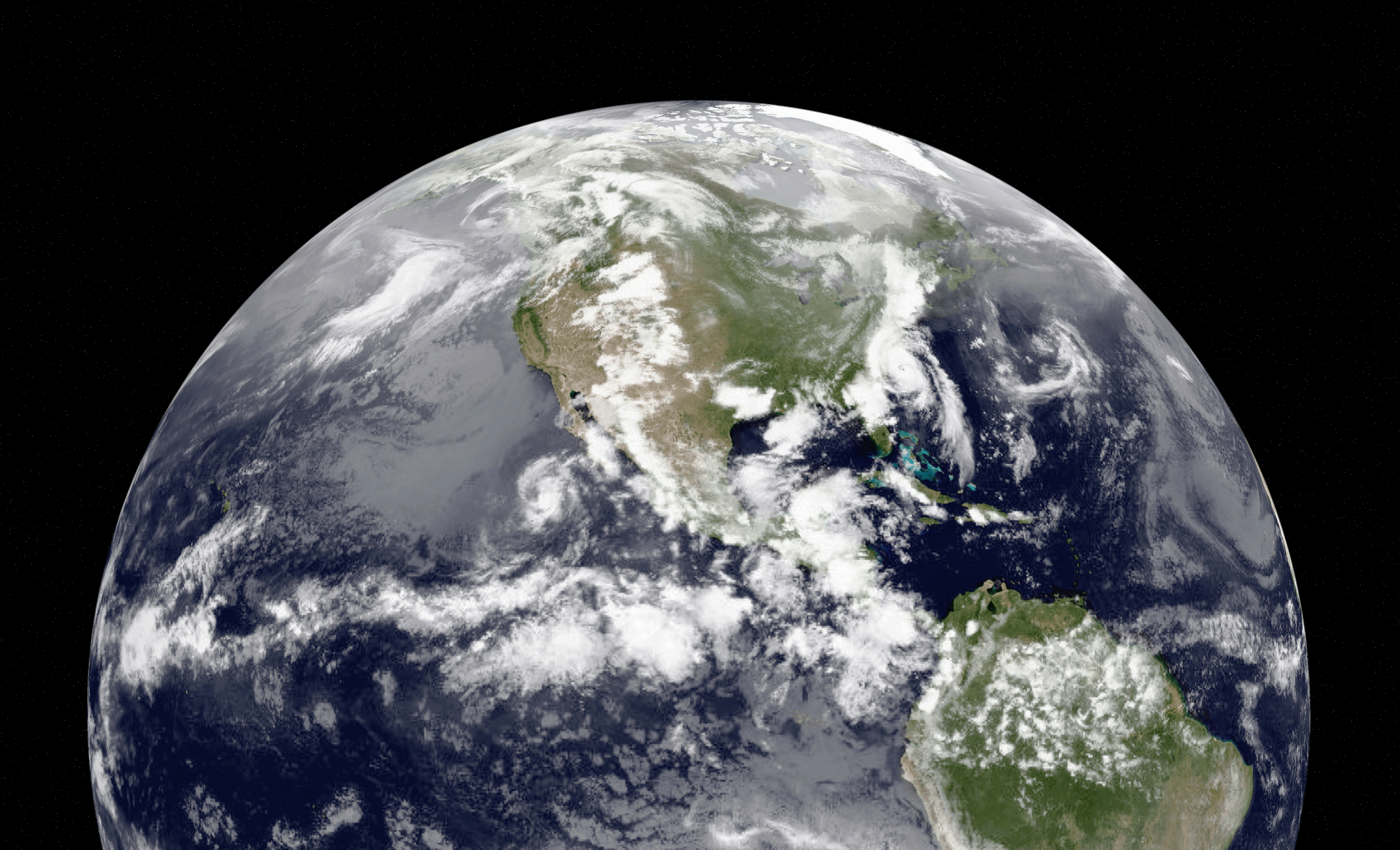Our History
View BY :

Roots of Justice | Paul’s Blend –
Our Founders’ Roast
January is a month of return.
After the rush of the holidays, we slow down, reflect, and set intentions for the year ahead. At Thanksgiving Coffee Company, January brings us back to the beginning - to the land, the relationships, and the values that shaped who we are.
Paul’s Blend is where that story starts.
Born on the Mendocino Coast in 1972, this Founders’ Roast honors Paul Katzeff’s lifelong belief that coffee could be more than a commodity - that it could be a tool for justice, dignity, and connection between people and place.
This is the coffee that carries our roots.
Paul Katzeff at the original roastery on Noyo Harbor, CA
A Cup Born from Mendocino
Thanksgiving Coffee Company was founded in a working harbor town shaped by fishermen, artists, and back-to-the-land dreamers. Mendocino’s rugged coastline and radical imagination influenced everything - from how we roasted coffee to how we built relationships with farmers around the world.
Paul’s Blend reflects that origin story. It is a classic medium roast crafted with consistency and care, developed through decades of roasting experience and long-standing partnerships with smallholder farmers.
This is not a trend coffee.
It’s a foundational one.
Original roastery on the Noyo Harbor, California
Ariel view of the Noyo Harbor with original roastery and new roastery
Roots of Justice in Every Cup
Paul Katzeff came to coffee as a social worker and community organizer. That background shaped the values that still guide Thanksgiving Coffee today:
- Long-term, direct relationships with farming partners
- Paying prices that honor labor and sustain families
- Investing in farmer-led quality control and education
- Believing that quality of life and quality of coffee go hand in hand
Paul helped pioneer farmer-owned cupping labs, co-founded the Specialty Coffee Association, and advocated for organic and shade-grown coffee before it was mainstream.
Paul’s Blend is a tribute to that legacy - steady, thoughtful, and built for the long view.
Paul’s Blend Organic Medium Roast coffee.
Flavor Profile: A Foundational Medium Roast
Paul’s Blend is designed to be approachable, balanced, and deeply satisfying—an everyday coffee shaped by decades of craft and care.
Tasting Notes:
- Blueberry and gentle fruit sweetness
- Smooth cocoa and milk chocolate tones
- Soft cashew nuttiness
- Clean, comforting finish
It’s a coffee that meets you in the morning and stays with you through the day - expressive without being loud, familiar yet layered, and grounded in the flavors Paul has always loved most.
Paul's Blend is one of the award-winning coffee roasts from our 2017 Roaster of the Year prize.
Honoring Martin Luther King Jr. and the Roots of Economic Justice
January is also a time to honor leaders who shaped the path toward justice, dignity, and shared responsibility. As we observe Martin Luther King Jr., we reflect on Dr. King’s enduring belief that civil rights and economic justice are inseparable - that a truly just society must honor the dignity of labor and ensure fairness within the systems that sustain everyday life.
Dr. King spoke often about the moral responsibility of both institutions and individuals, calling for an economy rooted in respect, equity, and human worth. He believed that progress is built not only through historic moments, but through consistent, values-driven actions - often quiet and unseen- that collectively shape the future.
Choosing where your coffee comes from is one of those choices. Every cup of Paul’s Blend supports long-standing relationships, ethical sourcing, and a belief that economic fairness begins with respect and reciprocity.
The 1963 March on Washington for Jobs and Freedom, where civil rights and economic justice were brought together in a call for dignity, fair labor, and shared humanity.
The March on Washington for Jobs and Freedom stands as a powerful reminder that the movement for civil rights was also a movement for economic justice. It called for fair labor, living wages, and systems that recognize the full dignity of every person’s work.
Dr. Martin Luther King Jr. understood that justice must be woven into daily life - from wages and work to how communities care for one another. As we reflect on this moment in January, we are reminded that meaningful change is carried forward through sustained commitment and everyday choices - values lived out not only in moments of history, but in the practices we choose to uphold.
Paul’s East Harlem Buying Club, 1962
These photographs document a food buying club organized by mothers in East Harlem in 1962, operating out of the basement of a public housing project. Faced with high food prices, limited access to fresh ingredients, and the daily pressures of poverty, these women came together to solve a shared problem: food security for their families.
By pooling resources and purchasing food collectively, they lowered household food costs and increased disposable income - profits were shared, and expenses reduced through cooperation rather than competition. The food they sourced reflected their own cultural traditions, allowing families to eat healthier, familiar meals while maintaining dignity and autonomy.
Mothers in East Harlem working together in 1962 to organize a cooperative food buying club, using collective purchasing to improve food access, reduce costs, and strengthen community resilience. Photos by Paul Katzeff
An unexpected outcome emerged alongside the economic impact. The act of solving a community problem together fostered pride, hope, and a renewed sense of agency. The enthusiasm visible in these images reflects more than a transaction - it reveals the mental and emotional benefits of collective action and women-led leadership.
This grassroots model would later inform the next generation of food cooperatives, including Ukiah Natural Foods, and ultimately influence the cooperative principles that shaped businesses like Whole Foods Market. Long before “alternative food systems” entered the mainstream, these women demonstrated that necessity, creativity, and cooperation could build resilience from the ground up.
The values that shaped this moment - cooperation, dignity, and shared prosperity - would later shape how Paul approached coffee. Paul’s Blend carries that lineage forward, offering a daily ritual grounded in justice, relationship, and care.
Simple Recipe:
Paul’s Mendocino Morning Latte
A grounding ritual for the start of the year.
Ingredients:
- Double espresso brewed with Paul’s Blend
- Steamed milk
- Light honey drizzle
Instructions:
- Pull a double espresso using Paul’s Blend.
- Steam milk until silky.
- Combine and finish with a gentle honey drizzle.
Enjoy slowly - best paired with a quiet January morning and a clear intention for the day ahead.
A Cup That Started a Movement
Paul’s Blend is more than our Founders’ Roast.
It’s a reminder of what’s possible when coffee is rooted in land, relationship, and justice.
As we begin a new year, we invite you to start your mornings with intention - grounded in gratitude, guided by values, and connected to a story that began over fifty years ago on the Mendocino Coast.
Where to Go Next
Stay Connected
Join our Mailing List - for stories from origin, brewing tips, and seasonal releases.
With Gratitude Since 1972
To our farmers, our Mendocino community, and everyone who shares this daily ritual with us - thank you.
Your cup carries our roots forward.
Not Just a Cup, But a Just Cup™
Lavender Grace is the Sustainability Consultant for Thanksgiving Coffee Company
Stay in touch - we like to stay connected
Paul's Blend: Roots of Justice
January feature highlighting Paul’s Blend as Thanksgiving Coffee Company’s Founders’ Roast. This post explores the Mendocino Coast origins of the brand, Paul Katzeff’s legacy in ethical sourcing and specialty coffee innovation, and the theme of Roots of Justice tied to New Year reflection and Martin Luther King Jr. Day. Includes product storytelling, brewing ritual, and direct link to purchase.
read more-
![Our Team]()
OUR TEAM
Our team makes Thanksgiving Coffee function as a unified whole. It is a dance we all do together to bring our mission alive - we "enhance the well-being of all we touch, from coffee grower to coffee drinker."
Our co-founders, Joan and Paul Katzeff who are still with us, 50 years later - set the tone, the way, and the path for us to follow. They may have retired to the Board but there presence still permeates our culture.
LEADERSHIP
Persistently bold in their visionary approach to coffee, the founders of Thanksgiving Coffee led an industry toward equality and justice. Their leadership established ethical sourcing directly from small-scale farmer cooperatives which in turn inspired the first Fair Trade model. The company is built on the interconnectedness of coffee farmers, the coffee they produce, and the health and wellbeing of our shared environment.
Jonah generally drinks light to medium roast blends. A few of his go-to coffees are FTO Mocha Java, Paul’s Blend, and FTO Beaujolais. He loves our Kenya, Ethiopia Gedeb, and Panama Geisha single origins for special occasions.
Jacob takes his coffee black. He likes to brew it with a full immersion process either with a Soft Brew or a French Press. He prefers light roasts from Ethiopia, the favorite is a wet processed Ethiopian coffee from the Yirgacheffe region.
KEN CAMERA
OFFICE & ACCOUNTING COORDINAORKen's current favorite coffee is Songbird Nicaragua with its mellow acidity. When it comes to brewing at home, he says, "I'm a dripper."
Joe's current favorite is the Panama Gesha with its brilliant high fruity notes, soft but balanced acidity with a firm low end for a light roast. The primary brewing method he uses at home is the French Press,
Together our leadership continues to work with coffee as our medium, community resilience as our passion, and the health and happiness of our farmers as our goal. “Not Just A Cup, But A Just Cup” is our motto, and it is as true as ever. A new generation with a regenerative vision, I invite you to meet our leadership team.
Learn More About our Leadership Team
ROASTING TEAM
Awards from our Roastmaster & Crew:
2017 Macro Roaster of the Year
Our Roasters are the heart of our company, they keep it alive with the heat and fire of the roasting trade. Led by Jacob Long, our Roastmaster and Director of Coffee, they transform the green beans and produce some of the finest coffees through out the world.The roasting process is a living, breathing commitment, as every batch of beans turn in the barrel of the roaster, our team are giving their undivided attention and care to produce our amazing coffee. We invite you to meet the roasters of Thanksgiving Coffee Company.
Learn More About Our Roasters Here
SALES TEAM
Thanksgiving Coffee's Sales and Delivery Crew are full of knowledge handed down by our founders, Joan and Paul Katzeff, and the valuable team their son, Jonah Katzeff CEO, has assembled to serve our community. The Sales Team is lead by Joe Seta.The coffee our team delivers and the support they give you are built on the unique relationship with the family farms and small co-operatives that Thanksgiving Coffee has cultivated with and for generations of coffee farmers.Learn More About Our Sales and Delivery Team
Marketing
Balancing the image, word and purpose of Thanksgiving Coffee is our Marketing Team led by Joe Seta.
Production
Our Production Crew are the arms and legs of the company who move deftly between the freshly roasted beans, to produce the final packages for all our wonderful customers. Production is led by Palmer Evans
Here are some of the coffees our team likes, want to try one?
Our Team
read more -
![Our Founders]()
Joan and Paul Katzeff
Joan and Paul believe the secret to great coffee lies in the welfare of the farmers who grow it. They have worked for economic and environmental sustainability for our farmers so they can take better care of their coffee trees. Making sure our farmers benefit from the quality of their crop means they can pursue continual improvement, and pass their craft onto the next generation. This is why they did what they did.
Commitment to Sustainable Practices
Our commitment to sustainability began in 1985 after Paul Katzeff returned from his first trip to an “origin” country. That began TCC’s focus on Social Justice.
This interaction, while Katzeff was SCAA President, led to the creation of the SCAA’s involvement with coffee people. It influenced Bill Fishbein to create Coffee Kids and led to years of TCC’s sponsorship of Village Banks in Guatemala and Mexico, in which Coffee Kids acted as trainers and facilitators. Our Nixamel (Corn Grinder Project) was one of the first Food Security Projects sponsored by TCC and facilitated in Mexico by Coffee Kids.
In 1992 we introduced our line of certified single origin organic coffees called " The Harvest Line" consisting of coffees from Mexico, Peru and Guatemala. This was the first coffee package to feature pictures of the farmers from each country. The packages were labeled Aztec, Inca and Mayan Harvest, to celebrate the people who produced the coffee and their ancient cultures.
Thanksgiving introduced the first shade grown coffee line in 1996.
Then in 2015 we joined the Smithsonian Migratory Bird Center team. The SMBC "Bird Friendly" Certification is the only 100% Organic and shade-grown coffee certification available. This seal of approval ensures tropical "agro forests" are preserved and migratory birds find a healthy haven when they travel from your backyard to those faraway coffee farms.
Our ethical sourcing model, direct from small-scale farmer cooperatives, was used as the basis for the first fair trade certification from Fairtrade. We introduced some of the first Fairtrade certified coffees in 1999.
In 2001, we worked with USAID to introduce the first farmer-owned cupping labs in small cooperatives in Nicaragua. This allowed farmers for the first time to taste and improve their own coffees, thus understanding the true value for their product, and enabling them to achieve fair market prices for their beans.
We are proud to have been recognized across the coffee industry and the business community for these efforts, including Rotary International Ethics in Business Award in 2021, and Roast Magazine’s Roaster of the Year award in 2017, a once-in-a-lifetime achievement reflecting our decades of quality coffee and sustainability leadership. Read more
Second Generation
We are grateful that after more than 50 years — and now in our second-generation of leadership, with Jonah Katzeff as CEO — we are still providing employment to our community, advancing sustainability at a time when our world needs it, supporting farmers, and bringing world-class coffee to those who love it.
Jonah Katzeff, CEO
Joan Katzeff, Co-Founder
Most of all, we are thankful for you, our Coast community and coffee drinkers around the world, who enabled a small roaster in rural Northern California to help change the coffee world for farmers and consumers alike. You have an astounding array of high quality, sustainable, specialty coffee to choose from today.
Thank you for being part of this journey with us.
Co-Founders Paul and Joan Katzeff 2022
Original Poster Created for Thanksgiving Coffee Company 1974
Fifty Years of Story - Creating More Every Day
Our Founders
read more -
![The Dr. Jean Mayer Award]()
Institute for Global Leadership
Originaly Posted On
Mar 4, 2008
Dear Friends,
Tonight, in a beautifully organized ceremony at the Fletcher School of Law and Diplomacy, we accepted the 2008 Jean Mayer Award for Global Citizenship. This event was in many ways the kick-off for our month-long tour, and if beginnings are a sign of what's to come, this is going to be a fun few weeks. JJ, Sinina, Margaret, and Sam all spoke about their experience as coffee farmers, and their participation with Peace Kawomera. JJ shared some especially powerful words, pointing out that the work of making peace was just as serious as the work of preparing for war. He added that he felt we had done something small, but that there was much to do still. What we've done in Uganda is nothing if we can't find a way to build peace in Kenya, in Israel, and in Palestine. JJ's powerful words reminded me of the courage that it took to begin this effort, to take a first step into the unknown, and of the power of these farmers, and the many lessons they have to teach our world.
I wish I had transcriptions of what everyone said, but alas, I only have the speech that I wrote, which ended up turning into something else in the moment. Anyway, for the sake of sharing, I'm pasting it in here for those of you who are interested. Thanks for your support: it's people like you who've make this project real every day!
Yours in Peace,
Ben
The Dr. Jean Mayer GlobalCitizens Award 2008
Ben Corey-Moran, Director of Coffee 2003-2009
(Here's my speech)
I want to first thank Tufts University, and your Institute for Global Leadership for this tremendous recognition. We are deeply honored to receive this year's Jean Meyer Award, and to stand side-by-side with the previous winners. We commit to you to use this award to continue our work, in the service of peace and of justice.
To Rabbi Jeff Summit and his wonderful wife Gail, thank you for making Boston our home.
To Joan and Paul Katzeff, friends, mentors, and colleagues: the love you've put into our Thanksgiving Coffee Company since the day you opened its doors in 1972 is what got us here. Thank you.
To everyone back home in Fort Bragg, the people who make our work possible every day, thank you.
To my dear friend and colleague Holly Moskowitz: your commitment to the success of this project is immense. The movement you've built is strong. We would not have succeeded without you.
To Laura Wetzler, and the whole Kulanu family: you are bridge builders and matchmakers, a new kind of shiddach for our changing world. We thank you for your tireless efforts on behalf of the Abaydaya, and their Muslim, and Christian neighbors in Uganda. None of this would be without you. We are proud to share this honor with you.
Lastly, and most importantly, to the farmers of Peace Kawomera: you are a light in this world. Your example has taught us so much. I thank you for your strength, and for the courage it took to step into the unknown together. You have so much to teach us. It has been my honor to grow together as family. May our children one day know each other, and may they continue this partnership for generations.
Thanksgiving Coffee Company is a business built on the belief that the basic values of community, fairness, trust, honesty, and caring don't end when the workday starts. We believe that business is responsible for its actions, its impact, and for the well-being of every person, every community, every forest, and every river, from the headwaters of our business, to its final destination.
Our responsibility to the farmers who grow our coffees, be they in Nicaragua, Rwanda, Ethiopia, or Uganda, is to build a fair trade of great coffee for a reasonable price, one that ensures the well-being of the farmers and their families, and the success of our business. It is a simple responsibility actually, simply human, but unfortunately, it is historically rare, and difficult to achieve.
We are the buyer, on the other end of the supply chain, for coffee produced with love, care, and craft. Our commitment is to the farmer's future: we don't just come one year and leave the next. We return year after year, and help to build the stability farmers need to invest in their businesses, and realize their dreams. Our responsibility, the one we invite our customers to join us in, is to build the market demand necessary to sustain the production from our partner cooperatives, year after year, thereby lessening the distance between farmer and barista, producer and consumer. Trading great coffee for fair prices makes sense, but it's not easy, and our world has long since lost track of the simple logic of fairness and sustainability.
We are in the business of creating a different kind of business, so that business can create a different kind of world. In order to do this, we have got to unwrap ourselves from what we've inherited so that we can heal the damage that's been done. The same thinking that got us here can't get us out of here. The same tools which we've used can't fix the problems they've created. Which is really just another way of saying that we have to create a business that's about people, a business whose imagination is bigger than profits, and inclusive of more than just its shareholders. We have to create a business whose conception of profit goes beyond self, because we are all people, and there is no justification for gaining at another's expense.
Oh, economics, ”the dismal science".
Transaction? - producer - consumer? You notice that this doesn't sound like the neighborhood you live in. It doesn't sound like community, because it's not. If you lived next door to the farmers who grew your coffee, you wouldn't pay nothing and then go on with your day.
Let's imagine a new kind of economy, an economy of people. Transaction? How about interaction? You notice that our very language hides us from ourselves. How about relationships between people: farmer and mother, Muslim and Jew, Ugandan and American. How about JJ, and you, and me? Let's get to know each other, let's talk shop. We can sit down for a cup of coffee, let's do business. Let's live together, let's make the world a smaller place, a richer place. I submit the radical notion that we can use capitalism to heal itself. That we can create a culture that would civilize this savage beast, based on what a former Jean Meyer prize winner, Archbishop Tutu once said: "God created enough for all of our needs, but not enough for all of our greed."
This is the story of a different kind of business. And stories like, the story of Peace Kawomera, are what shape and change the world.
"Another world is not only possible, she is on her way. On a quiet day, I can hear her breathing." Arundhati Roy
When I first met JJ Keki, in the winter of 2004, he asked me if we would join him to build peace. He thanked me and my colleagues at Thanksgiving Coffee for agreeing to buy his cooperative's first harvest. He told us that it was coffee that united his community, and that through fair trade he could convince his neighbors that there was more to be gained by working together than there was to be had from competition with each other. We committed to being his partner, guaranteeing a fair price for all of the coffee his cooperative could produce.
Then he set a challenge to me that has filled my days and my dreams ever since. JJ asked me how we would bring the story of Peace Kawomera to Jews, Christians, and Muslims in the United States. To be the teller of a story of such power is an enormous responsibility, that much I knew then. To be honest with you, at that moment, I didn't think we could, I didn't imagine that we could. It seemed like something extra that we would have to do, something that would take more than it would give. Something that would distract us from our obligation to find a market, buy this year's coffee, and to return next year, to purchase the next harvest. I was wrong, thankfully, and JJ, in his JJ kind of way, was asking me to see his dream, and to become a part of it.
From vision to practice, from dream to reality, we have been guided by the courage, inspiration, and example of the Peace Kawomera Cooperative. We have been guided by what started as JJ's dream, the dream that his neighbors began to dream, the dream they are still dreaming.
Tonight I want to tell you the story of our work with over four dozen churches, synagogues, and mosques in the United States. Theirs is the the other half of the story of the Peace Kawomera Cooperative: together, linked through our little coffee company, this new alliance of Jews, Christians, and Muslims is creating the market necessary to sustain the farmers of Peace Kawomera.
Churches, Synagogues, and Mosques in the United States, American Christians, Jews, and Muslims, have come together to support Christian, Jewish, and Muslim coffee farmers in Uganda.
So I think that this award is also for the thousands of people who have heard this story, and who connected hand with heart to make real their support of this project. This award is for them: the people who heard a sermon, or read an article, or listened to a friend, and then said wow, beautiful, and then stepped up to do their part in making this real.
They are the ones, and let me tell you, they are the most amazing people, religious school teachers, single moms finishing PhD dissertations, travel agents, and filmmakers, each of whom has taken this to their community, and in their own way, mobilized their friends, neighbors, colleagues, and family. Every day these people brew a cup of this sweet coffee, and make it part of their lives. Every week, they buy a package. They are building a market, one-by-one, but they are also building a relationship with this cooperative, far away in Uganda. They are bringing the world together, making it a smaller place, a more peaceful place, and a more human place.
These are people of different faiths who see that each of our proud traditions converge in our teachings of justice, of the essential worth and dignity of our fellow humans, and in our responsibility to inform our daily lives with these deepest beliefs. Together, these communities are beginning to see that, like the farmers of the Peace Kawomera Cooperative, there is more to be gained by finding our shared common ground, and by building a world together, based on that foundation.
You know, the economists talk about producers and consumers. One creates and the other takes, one sells and the other buys. I'd like to suggest tonight that we re-imagine that relationship, and begin to look for ways to be producers, together, of the kind of world we'd like to live in. We talk a lot about empowerment. I'd like to point out that we all have power to create the kind of world we'd like to live in. It's often times as simple as the choices you make when you shop. So let's empower ourselves to buy in a way that creates, and to recognize that when we do so, we not only fulfill our responsibility to pay a fair price, but that we also empower the dreams of people around the world, dreams of a future of peace and beauty. I'd like to end with the words of Arundhati Roy, from India, one of our world's most courageous voices.
"Another world is not only possible, she is on her way. On a quiet day, I can hear her breathing."
Letter from the Institute for Global Leadership February 13, 2008
Using Coffee as our medium for change
The Dr. Jean Mayer Award
read more
